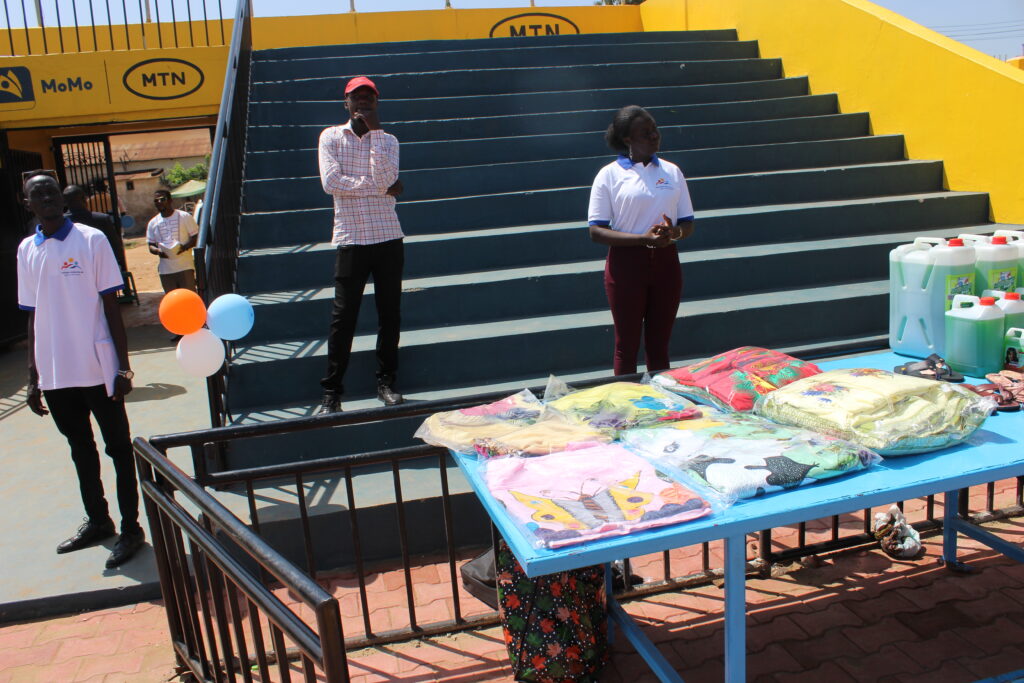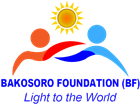
The civil conflict that began in 2013 and in Greater Equatoria region led to displacement throughout the region, so the majority of the people lived in IDP camps and thus had no means of production or earning income.
In response to this situation, a significant amount of support has been channeled towards humanitarian assistance. Though well intentioned, this reliance on external assistance over the years has resulted in the development of culture of dependency, where people expect to be given food, money, etc, as opposed to working for it.
Although people have returned, many of them do not have the necessary means to start cultivation. Through the R-NDS, the GoSS intends among others, to contribute towards economic development of the people in Greater Equatoria region
However, very little has been done as yet, and it is not likely that support under the Revised National Development Strategy (R-NDS) will reach every household. BF is particularly concerned about how these livelihood impairments will affect vulnerable women, youth, WLWHIV, girls.
BF focus on holistic livelihoods support as a key thematic area for intervention. A specific target group for this intervention are vulnerable women, youth, girls, WLWHIV.
Among the programs we do to support vulnerable women, children, youth, girls, WLWHIV includes;
- Equip Women Owned Enterprises and Women Entrepreneurs with business and financial skills including capitalization of businesses.
- Support and facilitate the formation of groups and linkages to financial institutions.
- Build capacity/skilling of women and youth including WLWHIV on livelihoods/ vocational skills/ value addition skills/ Agribusiness and support with start-ups.
- Support alternative sources of income through provision of Cash for Work opportunities for women and youth in South Sudan.
